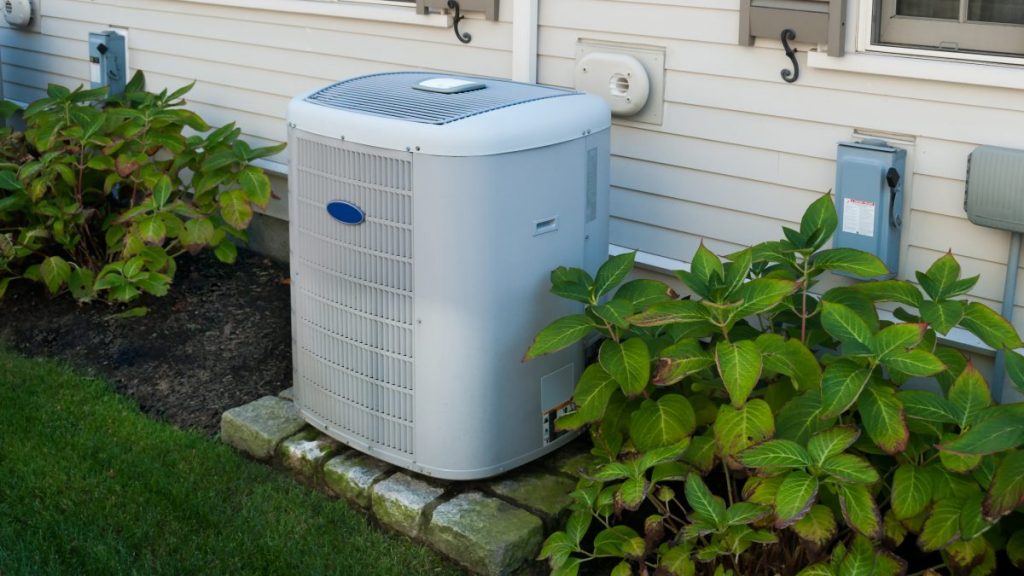Introduction In today’s competitive construction industry, maximizing return on investment (ROI) is a top priority for developers, property managers, and

When installing a new HVAC Sizing and Selection Process – 3unit in your home, you need to ensure that it’s sized correctly. Yet more than 50% of all HVAC units out there are improperly sized. This can increase inefficiencies by up to 30% and cause other dangers. To learn more about the hazards of improperly sized HVAC systems, click here!
So, how do you determine the right size furnace or air conditioner for your home? As we mentioned on the previous article, you can use home’s square footage to estimate the base BTU. However, this will only give you a general estimate.
For accurate measurements, professionals use the manual J and S.
A basic understanding of manual S and J will help you to determine if your HVAC unit is properly sized or not. Many permit offices require new residential home to comply with these manuals. Also, if the mechanical design of alterations involves HVAC, you’ve to observe these codes.
But, what the heck is manual S and J? Worry not! By the end of this article, you’ll know everything you need to about them. You’ll also know their importance when you’re sizing or selecting your HVAC equipment.
Manual J is the process of accurately assessing how much cooling and heating your home needs. It was developed by ACCA (Air Conditioning Contractors of America). ACCA defines it as the national recognized standards for determining HVAC sizing loads. These guidelines can apply to any residential house with an exhaust and HVAC system. This includes; energy-efficient homes, condominiums, manufactured homes, townhouses, and single-family detached homes.
Before introduction of manual J, most homeowners and contractors used traditional general perspective. Unfortunately, this resulted in HVAC options that were not as cost-effective or efficient.
Manual J highlights the guidelines for conducting a home’s ‘load calculation. This involves things like measuring ventilation and insulation levels. It considers other factors like the number of heaters, occupants and duct tightness.
This determine the BTUs lost or gained by each room during winter and summer. So, to do a proper HVAC sizing of any residential buildings, you’ll need manual J calculation. It will help you to make precise load calculations.
Manual J calculations offer more precise HVAC loads for any residential building. However, with this technique, there are various factors you need to consider. Some of these factors are;
This determines the exact system that will give a house ideal efficiency and comfort.
With that in mind, let’s assume you want to calculate HVAC for the home with the following features;
Here, you can use this simple formula;
In the case, the HVAC calculations would be something like this;
The total Heating, Ventilation & Air Conditioning load = 17,400 BTU/h. As you know, 1 ton is equivalent to 12,000 BTUs. Therefore, the ideal HVAC sizing for this home would be 1.5ton.
After using manual J for load calculation, you’ll need to choose the proper HVAC equipment for the task. That’s where manual S come in handy. This document contains a lot of data regarding ventilation, airflow and equipment sizing. It considers latent and sensible heat, static pressures and amount of airflow.
More importantly, it has a lot information about HVAC equipment selection. This involves the use of certain procedures to choose the ideal heating and AC equipment.
Essentially, the size of HVAC system shouldn’t exceed 115% of the net heat load. Also, it should meet the requirements of both latent and sensible heat. Manual J and S contains the technical details for choosing the ideal HVAC system.
Lastly, manual S will affect the duct work size and the system’s total CFM. For this reason, you need to do equipment selection before you complete the duct design with manual D.

Conclusion
An accurate HVAC load calculation will make selection of a new HVAC unit much easier. Better still, it will enable you to find the right sized system for your home. Thus ensuring consistent, reliable comfort for many years to come.
For more accurate measurements, call Innodez Design and Engineering today! Our HVAC professionals follow up the ACCA’s manual J and S guidelines to design and size your home’s HVAC unit. This determines the exact HVAC size to install, ensuring excellent efficiency and performance!
About Author
InnoDez